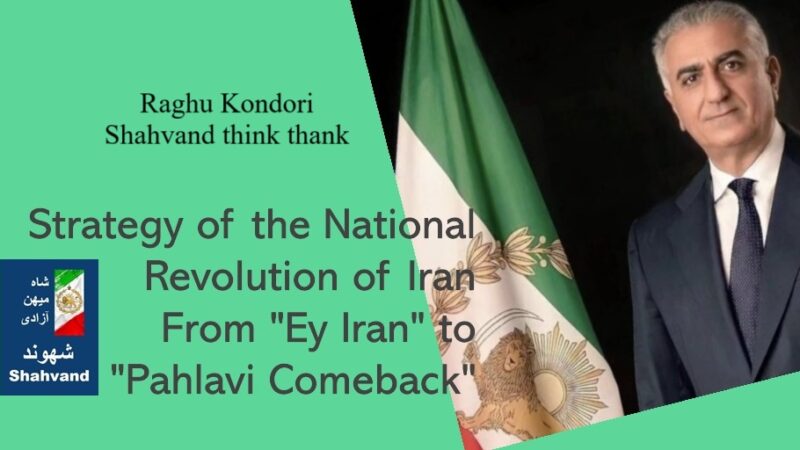The return of French patriotism

The extreme left and Islamists represents a threat to French society and freedom!

The topic of French patriotism and its resurgence is a complex and multifaceted issue, deeply intertwined with the nation’s history, politics, and cultural identity. This resurgence is often seen in the context of broader European and global trends, where questions of national identity, immigration, national sovereignty and social cohesion are hotly debated. In France, this debate frequently features concerns about the influence of the left and Islamism on French society and its values.
The Historical Context of French Patriotism
French patriotism has long been a powerful force, rooted in the revolutionary ideals of liberty, equality, and fraternity. The French Revolution of 1789 established a strong sense of national identity and civic pride, which was further solidified by subsequent historical events, such as the Napoleonic Wars, the resistance against Nazi occupation during World War II, and the post-war reconstruction period. Throughout these periods, French patriotism has been closely linked with the defense of secularism, and the French language and culture.
The Modern Resurgence of French Patriotism
In recent years, there has been a notable resurgence of patriotism in France, driven by various social, political, and economic factors. This resurgence can be seen in the rise of nationalist political parties {Rassemblement National @RNational_off }, increased public discourse on national identity, and heightened interest in French history and traditions. Several key factors contribute to this trend:
1 – Globalization and Economic Uncertainty:
The impacts of globalization, including economic displacement and cultural homogenization, have led many French citizens to seek solace in national identity. The loss of traditional industries and the rise of precarious employment have fueled nostalgia for a more stable and prosperous past.
2 – Immigration and Integration:
The influx of immigrants, particularly from Muslim-majority countries, has sparked debates over integration, multiculturalism, and the preservation of French cultural norms. Concerns over social cohesion and the perceived challenges of integrating diverse populations have intensified nationalist sentiments.
3 – Terrorism and Security Concerns: France has experienced several high-profile terrorist attacks in recent years, which have heightened fears of Islamist extremism and reinforced the desire to protect national security and values. These incidents have often been cited by nationalist groups as evidence of the need for stricter immigration controls and stronger national unity.
4 – Political Polarization:
The political landscape in France has become increasingly polarized, with significant divisions between the left and right. The rise of the patriotism National Rally (Rassemblement National) party, led by Marine Le Pen @MLP_officiel and Jordan Bardella @J_Bardella, has been a significant manifestation of this polarization. The party’s emphasis on national sovereignty, cultural preservation, and anti-immigration policies has resonated with many voters.
The Left and Islamism: Perceived Threats
In the context of rising patriotism, some segments of French society view the left and Islamism as threats to national identity, national sovereignty and freedom. This perspective is shaped by several key concerns:
1 – Secularism (Laïcité):
France has a long tradition of secularism, which is enshrined in its constitution. The principle of laïcité mandates the separation of religion and state, and it is a cornerstone of French national identity. Critics argue that the left’s advocacy for multiculturalism and religious accommodation undermines this principle, potentially leading to the erosion of secular values.
2 – Cultural Identity:
Some nationalists believe that the left’s emphasis on diversity and inclusion dilutes French cultural identity. They argue that the promotion of multiculturalism over assimilation threatens the cohesion of French society and diminishes the primacy of French language and traditions.
3 – Security and Extremism:
The presence of Islamist extremism is a significant concern for many French citizens. High-profile terrorist attacks have intensified fears of radicalization and violence. Nationalists often criticize the left for being too lenient on issues of security and immigration, arguing that stronger measures are needed to protect the nation.
4 – Political Correctness and Free Speech:
There is a perception among some that the left imposes political correctness and restricts free speech. This is seen as particularly problematic when it comes to discussions about Islam and immigration. Critics argue that fear of being labeled racist or Islamophobic stifles open debate and hinders the ability to address important societal issues.
Balancing Patriotism and Inclusion
The challenge for France is to balance the resurgence of patriotism with the principles of inclusion, diversity, and human rights. This requires a nuanced approach that recognizes the legitimate concerns of all sides while fostering a sense of common national identity. Key strategies might include:
1 – Promoting Civic Nationalism:
Emphasizing a form of nationalism that is inclusive and based on shared civic values, rather than ethnic or cultural homogeneity. This approach can help bridge divides and foster a sense of belonging among all citizens.
2 – Strengthening Integration Policies:
Developing effective policies that promote the integration of immigrants while respecting their cultural backgrounds. This includes providing language education, employment opportunities, and social support.
3 – Enhancing Security Measures:
Ensuring robust security measures to protect against terrorism and extremism, while also safeguarding civil liberties and human rights. This involves intelligence cooperation, community engagement, and addressing the root causes of radicalization.
4 – Encouraging Open Dialogue:
Fostering an environment where open and respectful dialogue on contentious issues is possible. This includes protecting free speech while also promoting mutual respect and understanding.
Conclusion
The resurgence of French patriotism is a multifaceted phenomenon, driven by historical, social, and political factors. While concerns about the left and Islamism reflect genuine anxieties within French society, it is crucial to address these issues in a way that upholds the principles of liberty, equality, and fraternity. Balancing national pride with inclusivity and respect for diversity is essential for building a cohesive and resilient France.
Raghu Kondori
Shah Homeland Freedom™ #ShahHomelandFreedom™
Shah Patrie Liberté™ #ShahPatrieLiberté™
™شاه میهن آزادی™ #شاه_میهن_آزادی
Copyright © 2023-2025 Raghu Kondori. All Rights Reserved.

